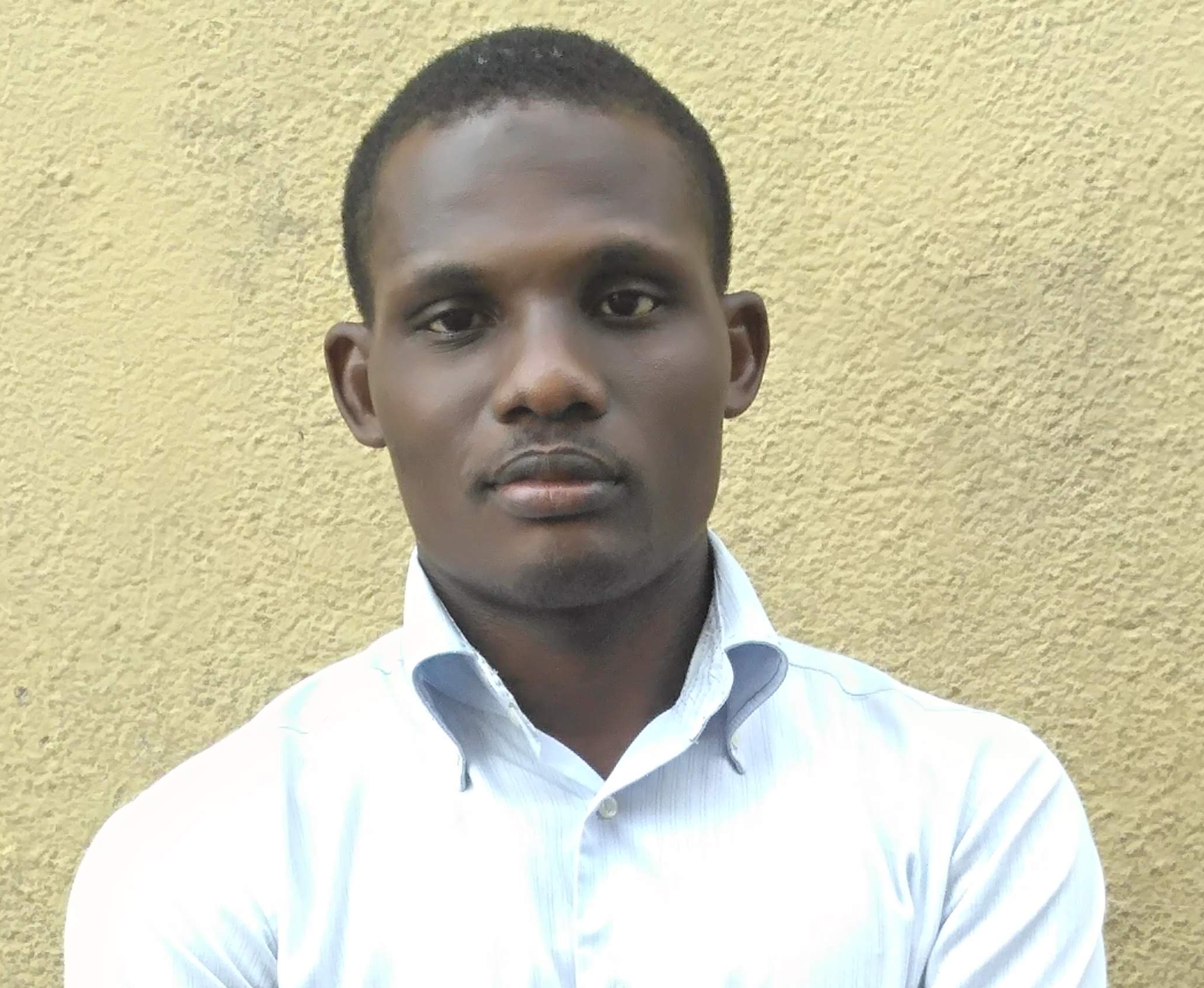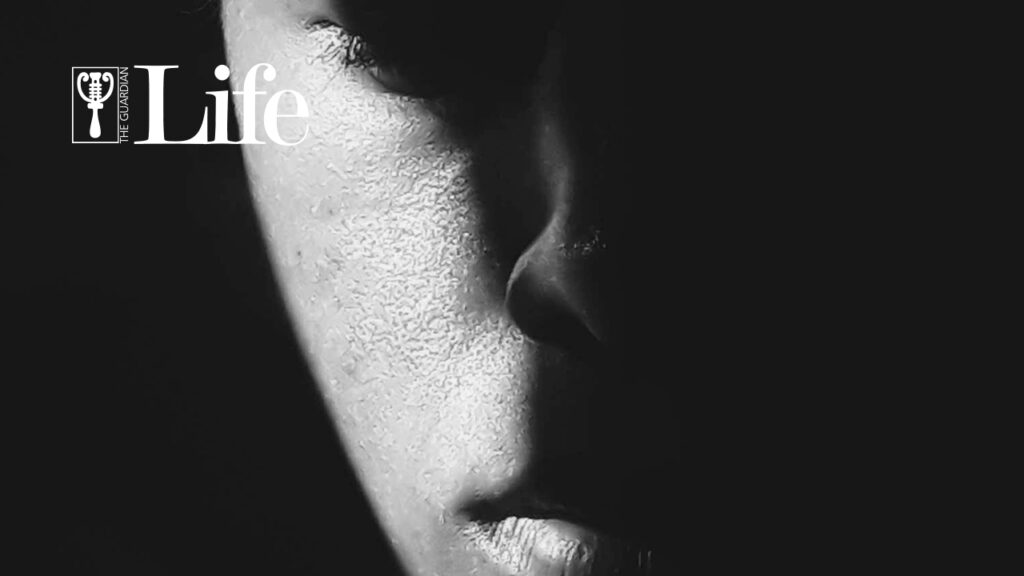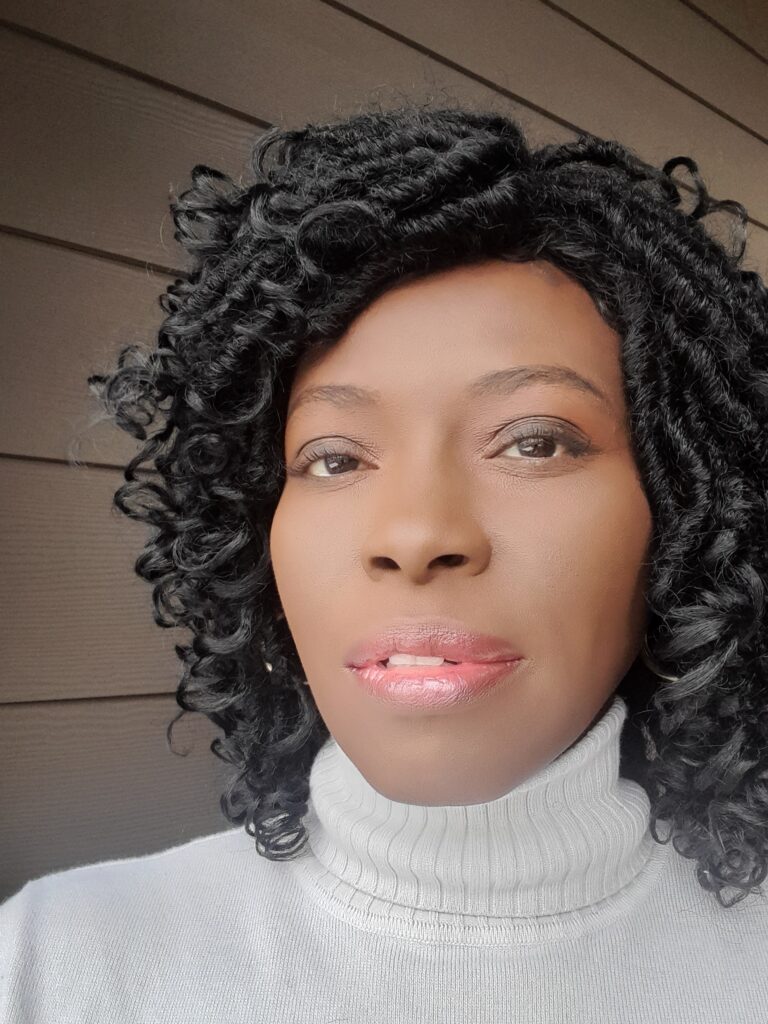
Even after agreeing to share his struggles with mental health with us, Titi Adeoti* would still not want his real name to appear in print. He prefers anonymity to “protect” himself from possible ridicule and the stigma that the Nigerian society attaches to mental illnesses.
“It is hard enough to have these battles rage in my head,” he tells Guardian Life. “I don’t want anyone to think I’m going to bite them and run berserk any minute.”
Adeoti, a 35-year-old entrepreneur, was diagnosed with depression in 2018 and later anxiety disorder. After the 2018 diagnosis, he did almost nothing. And he told no one about his diagnosis. “I could not find the right words to describe it to anyone even if I wanted to. I could not tell anyone in my family, not even my wife. Why would I want anyone to think that I was not okay in the head?”
He remained silent about his mental challenges until he had a major mental breakdown that forced him to seek help at the Federal Neuro-Psychiatric Hospital Yaba at the end of 2021. He wrestled with episodes of suicidal ideations and would lose interest in things that would normally motivate or excite him. “I was living in darkness and spiralling until my family found out I was not okay and forced me to seek help.”
A culture of silence
Adeoti is not alone; millions of Nigerian men are embracing a culture of silence in their lonesome fights against mental illness. Statistics also reveal a grim picture: the World Health Organisation (WHO) reports that mental health disorders are on the rise globally, and Nigeria is no exception.
Some of Nigeria’s most prevalent mental health issues include depression and anxiety disorders. Although the country does not have one of the highest rates of depression in Africa, an estimated 3.9% of the population (approximately 7 million Nigerians) is affected.
The WHO reported that 4.9 million Nigerians (2.7%) struggled with anxiety disorders as of 2015. Beyond these, substance abuse disorders, bipolar disorder, schizophrenia, and personality disorders are also common in the country.
The situation is dire among men as male suicide rates are significantly higher than those among women in the West African country.
READ ALSO: Mental Health: Group counsels youths against dying in silence
The state of men’s health in Nigeria
“Men’s mental health in Nigeria is an area that requires urgent attention,” says Dr Oluseun Peter Ogunnubi, a Senior Lecturer at the University of Lagos and a Consultant Psychiatrist at Grace Cottage Clinics, Ilupeju-Lagos.
“There are significant challenges, but the biggest issue is the stigma attached to mental health problems. Many men feel they have to conform to societal expectations of masculinity, which often means suppressing their emotions and not seeking help.”
According to Dr Ogunnubi, who is currently pursuing an additional degree in population health at the University of Saskatchewan, Canada, “Depression and anxiety are the most common mental health issues faced by Nigerian men.”
“These conditions can be exacerbated by the pressure to provide for families, the lack of economic opportunities, and the pervasive cultural belief that men should always be strong and self-reliant. Unlike their counterparts here in Canada who enjoy the support the system provides them via workplace mental healthcare, an average Nigerian man is left on his own.”

Cultural influences and stigma
In Nigerian society, cultural expectations play a huge role in shaping attitudes toward mental health. “From a young age, boys are taught to be tough, not to cry, and to handle problems independently,” Dr Ogunnubi explains.
“This conditioning makes it difficult for men to admit when they are struggling and to seek the help they need. The society expects him to be strong. The appellate ‘Real men don’t cry’ has sent more men to their early graves than hypertension or cancer. We must embrace the culture that allows men to seek help without being shamed. We must all accept the fact that IT’S OK NOT TO BE OK!”
This cultural stigma is deeply ingrained, making men more likely to suffer in silence rather than risk being seen as weak or unstable. “Men often fear being judged, ridiculed, or even ostracised if they admit to having mental health issues,” says Dr Ogunnubi. “This fear prevents many from reaching out for help until they reach a breaking point.”
For Adeoti, despite being a successful entrepreneur, the weight of his mental health struggles became too much to bear. His silence was driven by fear of stigma and a lack of understanding about his condition. It wasn’t until his mental health deteriorated severely that he sought professional help.
Nduka Okeke*, a 28-year-old software developer, started experiencing severe anxiety and panic attacks shortly after beginning a high-pressure job in the tech industry. “I felt like I was constantly on edge,” he says. “But I couldn’t talk to anyone about it. In my mind, admitting I was struggling would mean I wasn’t cut out for the job.”
Okeke’s turning point came when a close friend noticed the changes in his behaviour and urged him to seek help. “It was a relief to finally talk to someone,” he says. “I started seeing a therapist and gradually learned how to manage my anxiety.”
Changing perceptions
Dr Ogunnubi emphasises that changing perceptions around men’s mental health requires a multi-faceted approach. “Education is key,” he says. “We need to continue to educate people about mental health and challenge the stereotypes that prevent men from seeking help. Who says men don’t feel pain or have emotions running through their minds?”
An average Nigerian man is a breadwinner, a son, a brother, a father, a worker, and a member of society expected to perform his roles without blinking an eye. Atop this is the new wave of expectations by some young women that their suitors must have millions of money in their accounts before any relationship can start. This is a total deviation from what is obtained in the Western world where both parties often split bills 50-50. Such an awkward mentality has further increased the psychological burden of an average man who wants to settle down. Nigerian men are going through a lot”.

He highlights several successful initiatives that are making a difference. “There are grassroots organisations and mental health advocates like The Real Visionaries Initiative, MindTrust, and the Mental Health Foundation who are doing incredible work to raise awareness and reduce stigma. Campaigns that use media — including social media — to share stories and provide information about mental health are particularly effective.”
Dr Ogunnubi also stresses the importance of role models in changing perceptions. “In the West, celebrities like musicians, athletes, and politicians often speak out about their mental health struggles. When prominent figures, such as celebrities and community leaders, do the same in Nigeria and speak openly about their mental health issues, it helps to normalise the conversation and encourage others to seek help.”
Therapeutic approaches to resolving mental health issues
Therapy and counselling play crucial roles in supporting men’s mental health. “Many men are initially reluctant to try therapy because they don’t know what to expect, or they fear being judged,” says Dr Ogunnubi. “But once they begin, they often find it incredibly beneficial.”
“The truth is, therapy works like magic. After therapy, the psychiatrist may choose to prescribe medication or not. Seeing a psychiatrist does not mean you are mad. It simply means you are seeking help from an expert who is trained to manage brain behaviour issues, just as one would have sought the help of a cardiologist in case of heart conditions.”
Different types of therapy can be effective, depending on the individual’s needs. “Cognitive-behavioural therapy (CBT) is particularly effective for conditions like depression and anxiety,” Dr Ogunnubi explains. “It helps individuals understand and change the patterns of thinking and behaviour that contribute to their mental health issues.”
Group therapy and support groups can also be valuable. “These settings provide a sense of community and understanding, which can be very comforting,” he adds.
Resources and support
Access to mental health services is critical, but many don’t know where to start. “There are resources available, but awareness of these resources is low,” says Dr Ogunnubi. He recommends starting with helplines and counselling centres, many of which offer confidential and affordable services.
“It is also very crucial for organisations to initiate employee assistance programmes (EAP) which have become the new normal. Through EAPs, men can discuss their issues by making a confidential helpline call. EAPs also teach workers the early signs and symptoms of emotional illness.”
For those in crisis, immediate help is available through various suicide prevention hotlines.
Breaking the silence around men’s mental health in Nigeria requires a collective effort. “We need to create environments where men feel safe to talk about their struggles,” says Dr Ogunnubi. “This means addressing stigma, improving access to mental health services, and fostering supportive communities.”
“Religious organisations, while preaching faith, resilience, and hope, must also ensure they do not make it difficult for men to seek medical help.”
Adeoti’s and Okeke’s stories highlight the importance of seeking help and the transformative power of therapy. “Reaching out for help is a sign of strength, not weakness,” says Okeke.
It’s crucial to remember that mental health challenges do not discriminate. They affect individuals — including men — from all walks of life, and addressing these issues openly and compassionately can make a significant difference.
By fostering open conversations and providing support, we can help break the silence and ensure that no man has to face his mental health challenges alone.
“For a society that puts loads of pressure on its men, Nigeria does not take the mental health of its men seriously,” says Adeoti.
“That has to stop,” Okeke adds.
*Real names have been changed on request to protect the identities of our sources.

Mental health hotlines
If you are thinking about ending your life, please contact any of these suicide prevention lifelines to ask questions, make enquiries, and seek help from professionals.
Government-sponsored hotlines:
- Lagos State suicide hotlines (toll-free): 08058820777, 09030000741
- Suicide Research and Prevention Initiative (SURPIN): 09080217555 (9mobile), 09034400009 (MTN), 08142241007 (Hausa), 08000787746 (toll-free)
Not-for-profit organisations:
- Nigerian Suicide Prevention Initiative Counselling Centre (toll-free 24/7): 08062106493, 08092106493, 0809210649
- Grace Cottage Clinics Suicide Prevention Hotline: 0913-6000-342; 0805-7886-636; or contact @drnubipeter on X and on Instagram.














